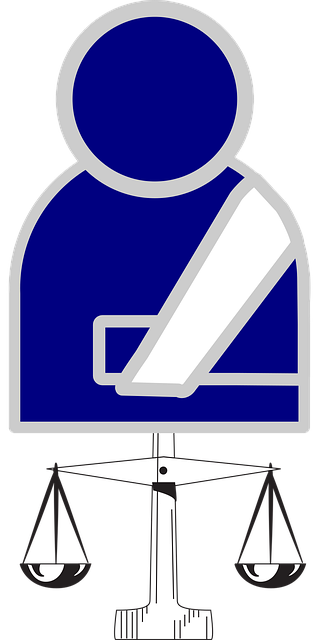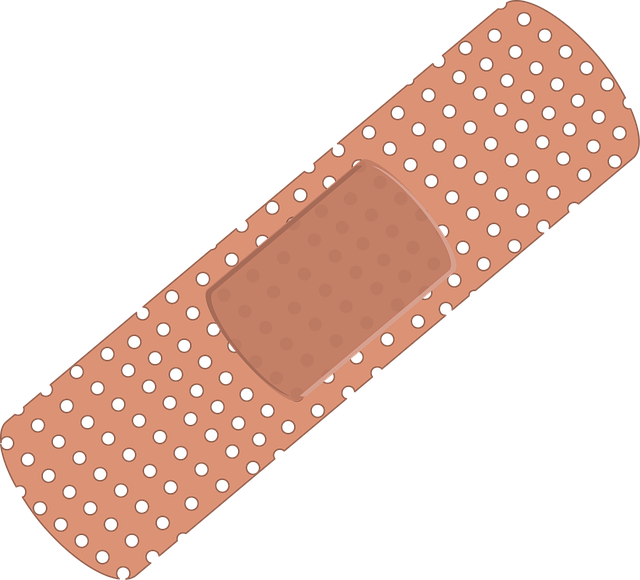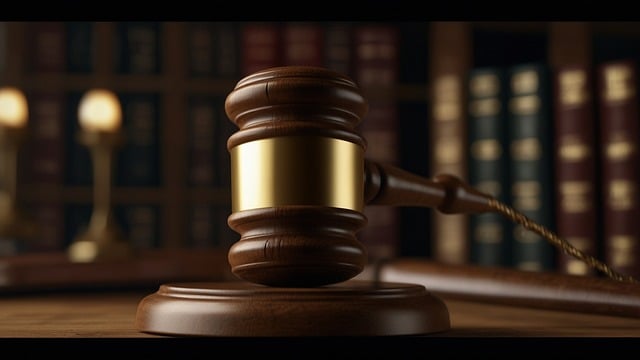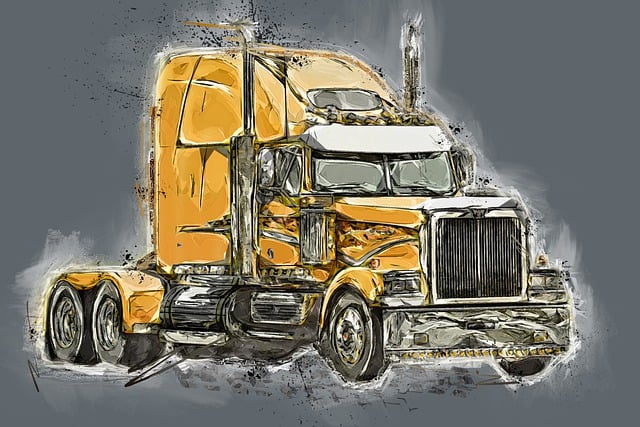Auto accident claim disputes arise from disagreements about liability, damages, and fault, often due to conflicting accounts, injury severity perceptions, or insurance coverage misunderstandings. To navigate these complexities, individuals should:
1. Gather comprehensive evidence, including police reports, medical records, and witness statements.
2. Seek legal counsel to understand insurance regulations and interpret state laws governing fair compensation.
3. Consider alternative dispute resolution methods like mediation or arbitration.
Clear communication, detailed documentation (like medical reports, witness statements, and photographs), and preserving relevant evidence are crucial for a smooth claim process, preventing disputes, and ensuring fair compensation for injuries or wrongful death.
Navigating an auto accident claim dispute can be stressful, but understanding the common causes and strategies can help you resolve it smoothly. This article guides you through the process, focusing on legal rights and responsibilities, effective communication, and thorough documentation—essential elements for successful auto accident claims. Learn how to recognize disputes, assert your rights, and maximize your compensation.
- Understanding Auto Accident Claim Disputes: Common Causes and Strategies
- Legal Rights and Responsibilities During Dispute Resolution
- Effective Communication and Documentation for Successful Claims
Understanding Auto Accident Claim Disputes: Common Causes and Strategies

Auto accident claim disputes arise when individuals involved in a vehicular collision disagree on key aspects such as liability, damages, or the fault of one party over another. These disagreements can stem from various causes, including conflicting accounts of events, disagreement over the severity of injuries, and misunderstandings about coverage under insurance policies.
Common strategies employed to navigate these disputes involve gathering comprehensive evidence like police reports, medical records, and witness statements. Seeking legal counsel is also crucial, as an experienced attorney can help interpret complex insurance regulations and advocate for your rights. In some cases, alternative dispute resolution methods such as mediation or arbitration may be pursued, offering a more cooperative approach compared to litigation. Understanding these dynamics, whether in the context of a regular auto accident claim or more complex scenarios like truck accident injuries or even wrongful death, is paramount for ensuring a fair and just resolution.
Legal Rights and Responsibilities During Dispute Resolution

When involved in an auto accident, understanding your legal rights and responsibilities is crucial during claim dispute resolution. Every driver is entitled to fair compensation for any damages or injuries sustained in a collision, as per state laws governing automobile accidents. This includes medical expenses, vehicle repairs, and other related costs. It’s essential to gather all necessary evidence, such as police reports, medical records, and witness statements, to support your claim.
During dispute resolution, both parties have obligations. Insurers must act in good faith and follow the legal process fairly. Policyholders, on the other hand, should cooperate with their insurer, provide accurate information, and refrain from actions that might be considered a breach of fiduciary duty or an elder law violation. For instance, intentionally misrepresenting facts or hiding evidence could lead to legal consequences and jeopardize the claim. A partnership disagreement may arise if policyholders feel their rights are not being respected, emphasizing the need for clear communication and understanding of one’s entitlements throughout the claim process.
Effective Communication and Documentation for Successful Claims

Effective communication is key when navigating an auto accident claim. Clearly articulating your experiences and injuries to insurance representatives and legal teams is essential for building a strong case. Documenting every detail, from medical reports to witness statements, creates a comprehensive record that supports your claim. This includes preserving all relevant evidence like photographs of the scene, repair estimates, and any correspondence with insurers.
Accurate documentation not only strengthens your position but also streamlines the claims process. It helps avoid misunderstandings and reduces the likelihood of insurance disputes arising later. By keeping thorough records, you empower yourself to confidently pursue the accident compensation you deserve, whether it’s for personal injuries or wrongful death claims.
Handling auto accident claim disputes can be complex, but with a solid understanding of your rights and effective communication strategies, you can navigate this challenging process successfully. By recognizing common causes of disputes, such as misrepresented facts or differing interpretations of evidence, and employing legal knowledge and thorough documentation, individuals involved in auto accidents can increase their chances of reaching a fair resolution. Remember, clear and open communication with all parties is key to resolving claim disputes efficiently.






